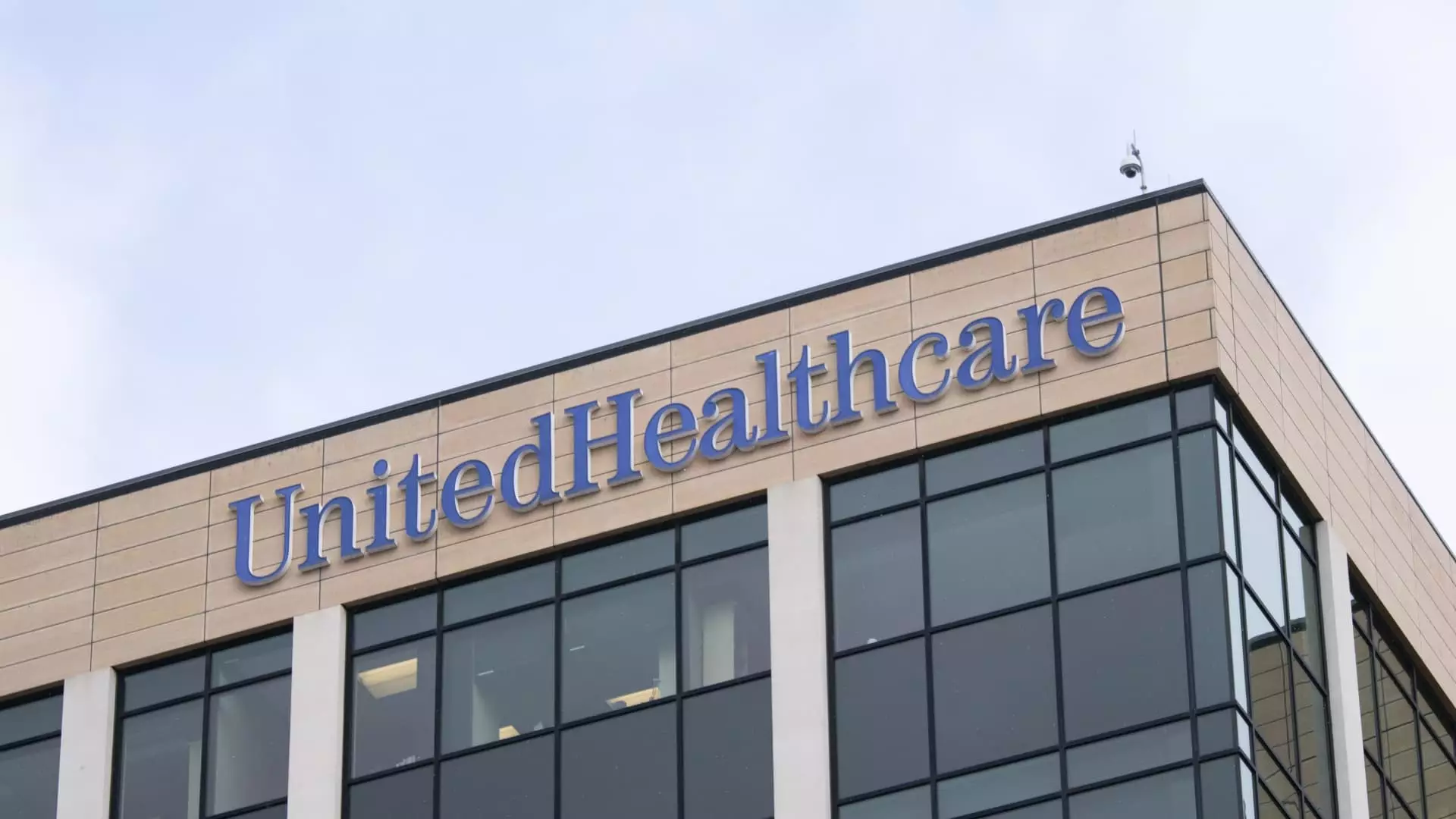UnitedHealthcare, a titan in the U.S. health insurance industry, is navigating a critical juncture marked by significant organizational changes. Recently disclosed information indicates that the company has presented certain employees in its benefits operations unit with the opportunity to take buyouts, provided they resign by March 3. This move comes on the heels of a challenging year for the company and epitomizes the broader trends impacting the healthcare sector. While UnitedHealthcare has experienced remarkable revenue growth, the internal adjustments point to a complex web of challenges that underpin its operational strategies.
The introduction of a Voluntary Resignation Separation Program reflects UnitedHealthcare’s attempts to reshape its workforce. Those who choose to decline this buyout offer will have the option to remain in their current positions or transition into comparable roles. However, the stakes are high; if the company fails to achieve a predetermined quota for resignations, layoffs will follow. This ultimatum illustrates an urgent effort by the insurance giant to streamline costs while attempting to preserve employment for a portion of its workforce.
Despite the uncertainties, the company remains tight-lipped about the specific number of employees eligible for buyouts. The benefits operations unit, which encompasses various critical functions such as customer service and claims management, is now under the microscope for cost containment strategies. This internal shakeup raises questions about employee morale and the long-term implications of such a program in a sector rife with scrutiny over operational efficiencies and healthcare costs.
Interestingly, while UnitedHealthcare reported record revenue figures—over $400 billion in 2024—its management must contend with external pressures related to rising medical expenses, especially within the Medicare Advantage sector. The company is also grappling with the consequences of a significant cyberattack that impacted its subsidiary, Change Healthcare. These factors contribute to a narrative that highlights how financial success does not necessarily correlate with operational stability.
Moreover, the controversial circumstances surrounding the threshold of public approval—amplified by the tragic death of UnitedHealth’s insurance unit CEO, Brian Thompson—introduce additional layers of complexity to the organization. Employees are reportedly in shock regarding the buyout offers, particularly given the company’s unprecedented revenue growth. This juxtaposition raises questions about leadership decisions and the rationale behind initiating such workforce changes amid a thriving financial landscape.
As employees weigh their options following the buyout offer, they will likely face uncertainties regarding their severance packages and future employment avenues. The specifics of these packages will be determined by tenure and salary grade, and the timing of benefits activation highlights the company’s commitment to supporting transitioning employees—albeit with caveats. Workers opting for buyouts may still be expected to continue their roles beyond the resignation date as needed.
Furthermore, existing and future employees may find the circumstances surrounding potential layoffs less appealing than those given to those who voluntarily resign. This disparity in treatment could engender a sense of instability among the workforce, prompting a re-evaluation of job security at UnitedHealthcare.
Despite the tumultuous landscape, a UnitedHealth spokesperson indicated that the organization is committed to growth, citing over 3,200 job openings available. Additionally, the company’s emphasis on “digital adoption” and a “modernization agenda” reminiscent of technological shifts is pivotal to its operational strategy. As UnitedHealthcare endeavors to reduce costs while aligning with evolving consumer needs, integrating cutting-edge solutions such as artificial intelligence is likely to become increasingly central to its approach.
While UnitedHealthcare’s buyout offers may initially present a tactical cost-reduction solution, they also reflect underlying tensions and complexities within the organization’s dual narrative of financial success juxtaposed against operational restructuring. As the company navigates this landscape, the outcomes for employees, leadership, and stakeholders will ultimately shape the future trajectory of this healthcare behemoth. The path ahead remains fraught with challenges, necessitating agile responses to the fast-evolving demands of the healthcare marketplace.


Leave a Reply